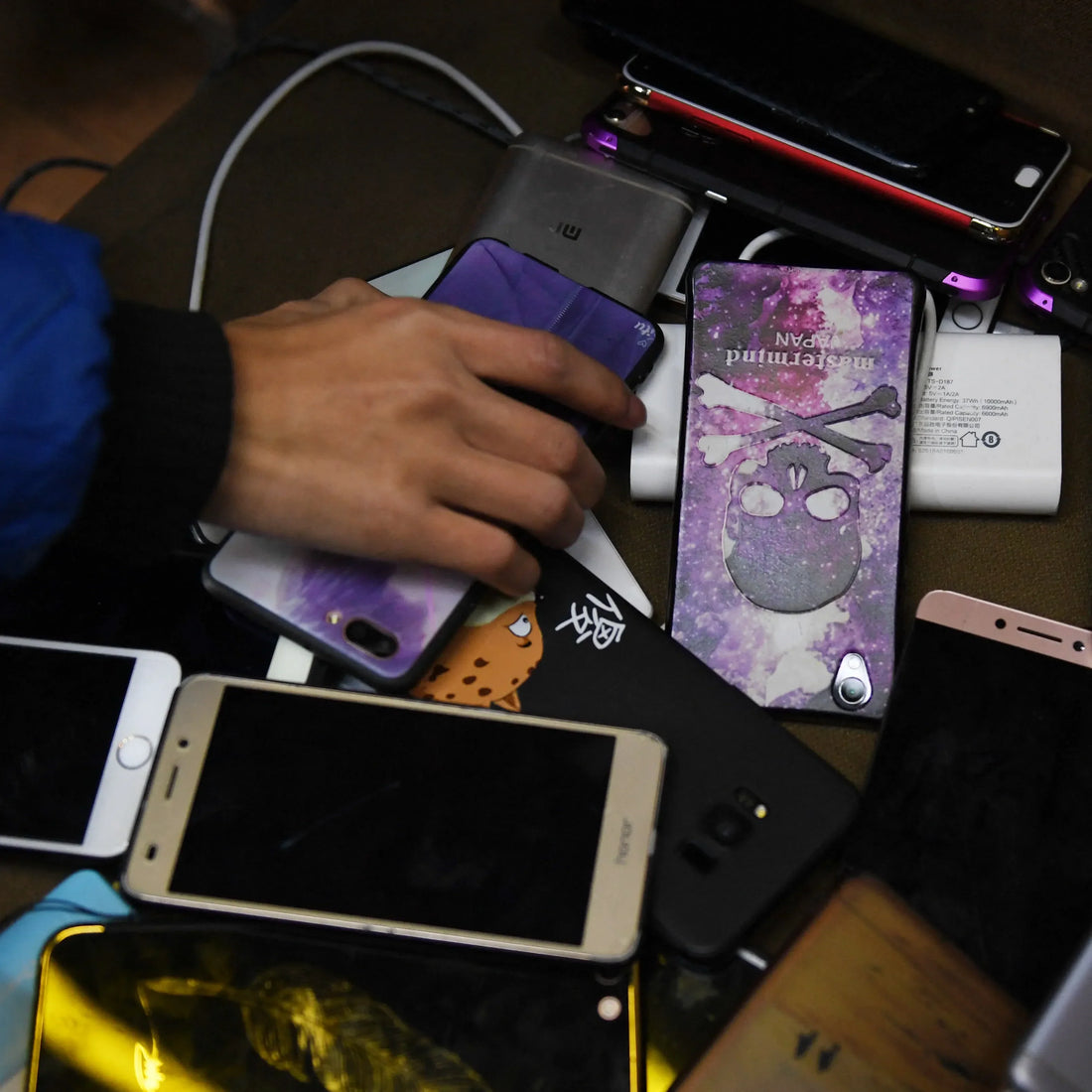
Florida’s Bold Move on K-8 Cell Phones: What Parents Are Saying
Share
August 11, 2025 - Florida’s updated school policy, now in effect for the 2025–2026 school year, enforces a strict “bell-to-bell” cell phone ban for elementary and middle school students. From the moment they arrive on campus until the final dismissal bell, phones must remain completely out of sight unless there’s an emergency or a documented medical need. Governor Ron DeSantis signed the measure into law in May, and it officially took effect July 1. High school students still have limited access, but their use during class is only allowed if a teacher gives permission.
Why This Matters to Schools and Families
School leaders say the change is about more than keeping phones out of sight. Hillsborough County Superintendent Van Ayres has emphasized that reducing digital distractions can help students stay focused and engaged throughout the day. In Escambia County, Superintendent Tim Leonard has tied the policy to improving social behavior and mental health, noting that removing phones from daily use could encourage more in-person interaction and reduce anxiety. Still, he admits that convincing skeptical parents remains one of the biggest challenges.
Voices from the Parents
Reactions from families are split. Some parents welcome the ban, saying it gives children the opportunity to disconnect from constant screen time and fully engage in learning and face-to-face socializing. They see it as a necessary step toward healthier school environments. Others are far less enthusiastic, worried about losing immediate access to their children during the day. For many, safety concerns outweigh the potential benefits of fewer distractions, and they question whether such a blanket rule is the best solution.
Florida’s Trendsetting Role
Florida has been ahead of the curve on this issue. In 2023, the state banned unauthorized phone use during class time. This year’s expansion goes further, prohibiting phone use for K-8 students during the entire school day. The approach is drawing attention nationwide. As of May 2025, more than half of U.S. states have laws that regulate or restrict student cell phone use, and several others are considering full-day bans modeled after Florida’s policy.
The Road Ahead
The success of this bold move will depend on how well it balances safety, focus, and student well-being. Supporters believe it will strengthen attention spans, reduce cyberbullying, and improve mental health. Critics worry it could create unnecessary stress for families and students alike. The coming school year will serve as a real-world test of whether Florida’s no-phone-in-school approach becomes a national standard or remains a controversial experiment.
